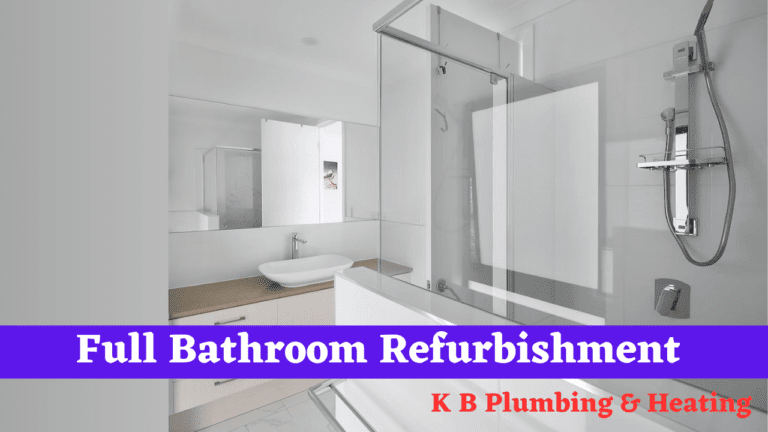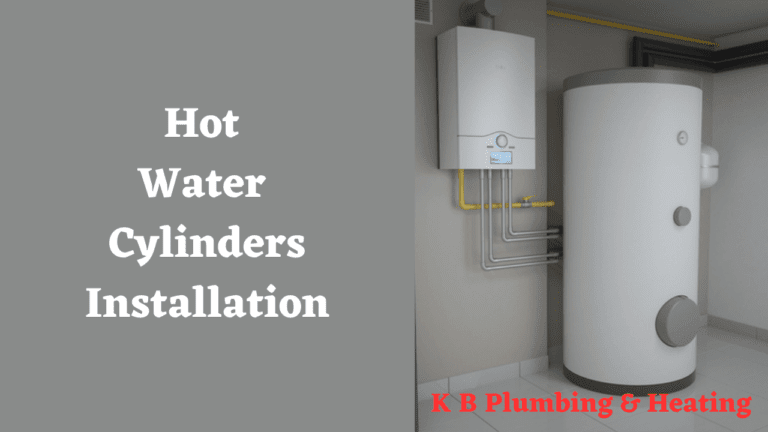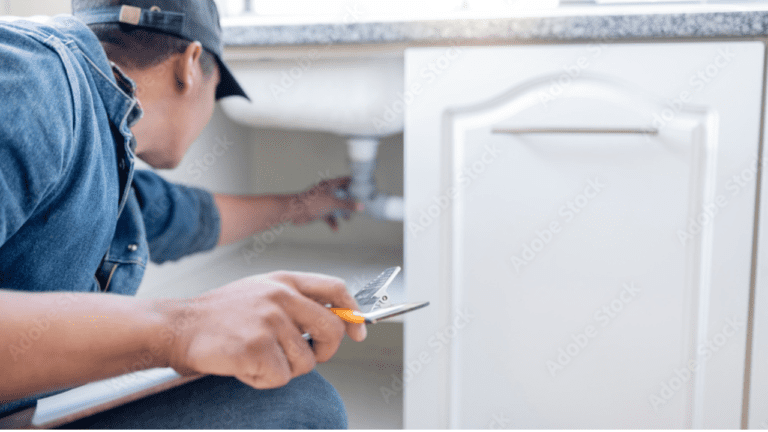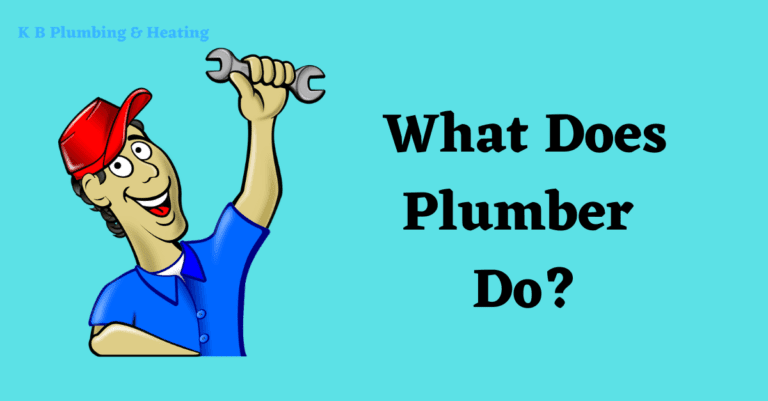How To Prevent Plumbing Emergeny: The Ultimate Guide
If you are looking for a guide on how to prevent plumbing emergencies, then you are on the right page.
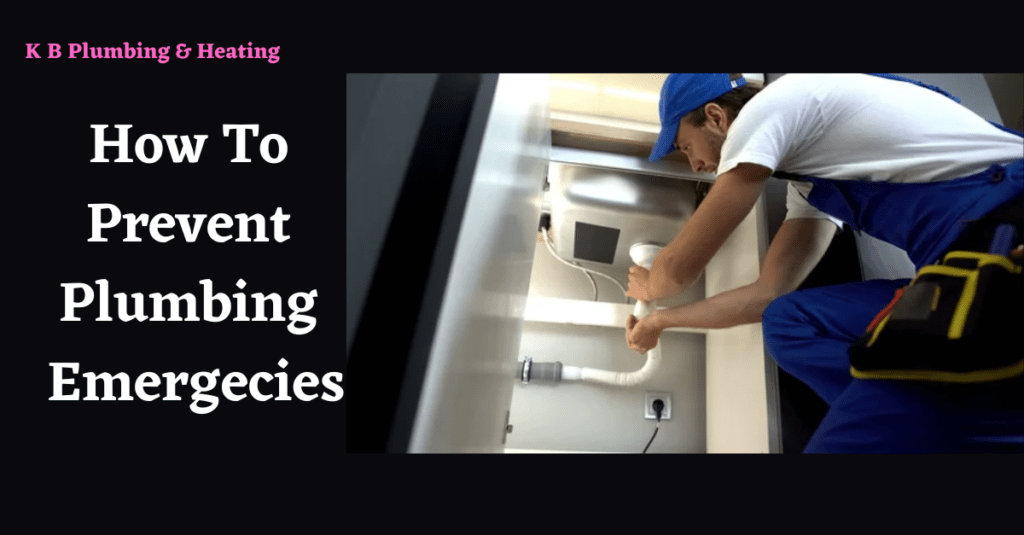
K B Plumbing & Heating is the top Plumber in Basingstoke, available to fix any plumbing emergencies. You may call on +44-7740 874614
We understand the significance of safeguarding your home or business from unexpected plumbing tragedies as experts in the field.
We are here to provide you with practical knowledge and tips to minimize the risk of such emergencies.
By following the advice in this article, you can ensure a smooth and worry-free plumbing experience.
Recognizing the Importance of Prevention:
Plumbing emergencies can result in significant damage, expensive repairs, and major inconveniences.
However, by taking proactive measures, you can protect your property and spare yourself unnecessary stress.
Prevention is key to maintaining a well-functioning plumbing system. Let’s explore essential steps you can take to prevent plumbing emergencies.
Regular Maintenance and Inspections:
Regular maintenance plays a crucial role in identifying potential issues before they escalate into emergencies.
It is advisable to schedule periodic inspections with a qualified plumber.
During these inspections, your plumber will examine your plumbing system, including pipes, fixtures, and connections, to check for signs of leaks, corrosion, or any underlying problems.
Proper Drain Care:
Clogged drains are a common plumbing issue that can lead to emergencies. To prevent this, it is important to practice proper drain care.
Avoid pouring grease, oil, or coffee grounds down the sink, as these substances can accumulate and cause blockages.
Using drain covers or strainers will help catch hair, food particles, and other debris, preventing them from entering the pipes.
Temperature and Insulation:
Extreme temperatures can wreak havoc on your plumbing system. Cold winters often result in frozen pipes, leading to bursts and water damage.
To prevent this, insulate exposed pipes in unheated areas like basements, attics, and crawl spaces. Disconnect and store garden hoses before winter to prevent water from freezing inside them. Additionally, maintain adequate heating in your home to prevent frozen pipes.
Water Pressure Management:
Excessively high water pressure can strain your pipes and increase the risk of leaks and bursts. Managing water pressure is crucial to prevent plumbing emergencies.
Consider installing a pressure regulator to maintain optimal water pressure throughout your plumbing system.
A professional plumber can assess your water pressure and make necessary adjustments to keep it within a safe range.
Leak Detection and Repair:
Undetected leaks can cause extensive damage over time. It is crucial to be vigilant and promptly address any signs of leaks.
Regularly check for water stains, mold growth, or musty odors, as these can indicate hidden leaks. If you notice a sudden increase in your water bill without an apparent reason, it may also be a sign of a leak.
Act promptly and seek the services of a professional plumber to detect and repair leaks before they worsen.
Emergency Preparedness:
While prevention is paramount, it is equally important to be prepared for unforeseen plumbing emergencies. Create an emergency plan that includes the following steps:
- Know the location of your main water shut-off valve: In the event of a major plumbing emergency, shutting off the main water supply quickly can minimize damage.
- Keep essential plumbing tools easily accessible: Have a plunger, pipe wrench, and plumber’s tape readily available for minor plumbing repairs.
- Maintain contact information for a reliable emergency plumber: Research and store the contact details of a trustworthy emergency plumber in your area.
- Educate household members or employees: Ensure that everyone is aware of emergency procedures and knows how to handle basic plumbing issues safely.
Familiarize yourself with your plumbing system
Do you know the location of your main water valve and how to shut it off? In case of a leak or any other problem with your system, you’ll likely be the first to notice.
Therefore, it’s crucial to be acquainted with your plumbing system so you can swiftly turn off the water, minimizing further damage to your home.
Use your system properly
Certain plumbing issues arise when improper items are flushed down the toilet.
Remember that toilets are designed to handle specific types of waste only, so refrain from flushing items like baby wipes, cotton wool, paper towels, or anything other than toilet paper.
If you have a garbage disposal, there are also items you should avoid disposing of through it.
Greasy or oily food can leave a residue on the blades, rendering them ineffective.
Pasta and rice can swell with water and cause blockages, while eggshells and fibrous vegetable peels can entangle the blades.
Dispose of non-food items separately, as they cannot be adequately broken down.
Replace or service old components
How old is your boiler? Keeping track of the age of your system is a wise practice.
Boilers typically last up to 15 years, so if yours is nearing the end of its lifespan, it may be time to consider a replacement.
Regardless of your system’s age, annual servicing of your boiler is essential. Regular maintenance can optimize its efficiency and potentially extend its lifespan.
Use chemicals sparingly
Household plumbing chemicals, like drain cleaners, may not always be effective for every problem you encounter.
Some clogs are caused by significant blockages that have hardened in the pipes, requiring the expertise of a professional plumber to resolve them.
Moreover, certain chemicals may be designed for specific pipe materials, and using them incorrectly can result in damage to your plumbing or further clogs.
Avoid DIY repairs
If you lack confidence in your plumbing skills, refrain from attempting repairs yourself. Instead, contact a professional plumber such as K B Plumbing & Heating.
Trying to fix a leak or other problem without the appropriate knowledge and tools can worsen the situation and cause more damage. When in doubt, it’s best to call an emergency plumber who can handle the issue with minimal hassle.
By following these tips, you can reduce the likelihood of experiencing a plumbing emergency in your home.
However, it’s important to note that some emergencies are inevitable, and even diligent maintenance doesn’t guarantee complete avoidance of problems.
Conclusion: How To Prevent Plumber Emergency
By implementing the preventive measures outlined in this comprehensive guide, you are taking a proactive approach to protect your property from plumbing emergencies.
Regular maintenance, proper drain care, temperature management, water pressure control, leak detection, and emergency preparedness are all crucial elements in preventing plumbing disasters.
Remember, prevention is always preferable to dealing with the aftermath of an emergency.



